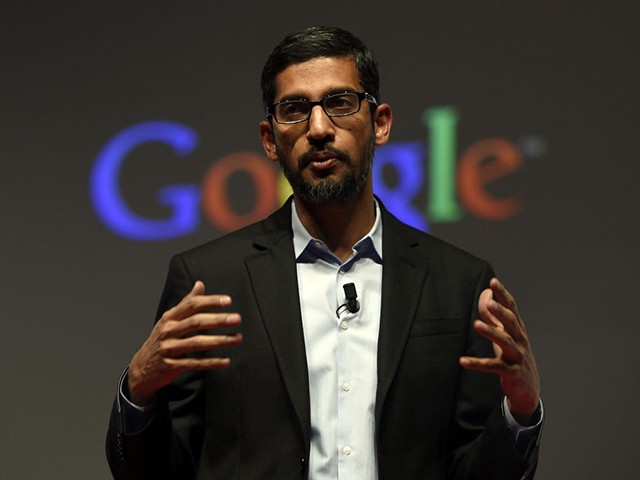
A group of 28 researchers, scientists and other experts in the neurotechnology field is calling for ethical rules when it comes to the brain-computer interface.
Artificial intelligence technology brings with it the possibility of profoundly restoring the quality of life for many individuals suffering from brain injuries, blindness, paralysis, epilepsy, and other serious conditions.
Columbia University Professor Rafael Yuste, who represents the above-referenced Morningside Group of experts, cautions that neurotechnology methods need to be properly regulated, however, from the ethical perspective, and that basic humans rights need to include what he describes as neurorights to preserve privacy, identity, agency, and equality.
Yuste and his colleagues identify four ethical guidelines for this rapidly developing technology in an essay in the journal Nature, which have been summarized by Columbia News.
To protect privacy, the authors recommend that individuals be required to opt in, as organ donors do, to sharing their brain data from their devices, and that the sale and commercial use of personal data be strictly regulated. To protect autonomy and identity, the authors recommend that an international convention be created to define what actions would be prohibited, and to educate people about the possible effects on mood, personality and sense of self.
The researchers also recommended measures to avoid a so-called neurotechnology arms race that could pit super-intelligent humans against everyone else. They also advocate responsible neuroengineering ethics training for AI developers along the lines of the Hippocratic Oath for medical doctors.
"The possible clinical and societal benefits of neurotechnologies are vast. To reap them, we must guide their development in a way that respects, protects and enables what is best in humanity," the Nature article concludes.
Added Dr. Yuste, the director of Columbia's Neurotechnology Center: "We just want to ensure that this new technology which is so exciting, that which could revolutionize our lives, is used for the good of mankind."
The private sector has spent an estimated $100 million so far on neuroscience and technology, while the federal government has provided funds in the neighborhood of $500 million on similar research.
Earlier this year, for example, Tesla and SpaceX CEO bought a California medical research start-up company that is developing a way to hook up the human brain to a computer using neural lace technology. (Related: Read more about artificial intelligence at Robots.news.)
Natural News previously reported that the Pentagon is exploring technology that would treat post-traumatic stress disorder (PTSD) with a brain chip.
Sources include:
Please contact us for more information.





















